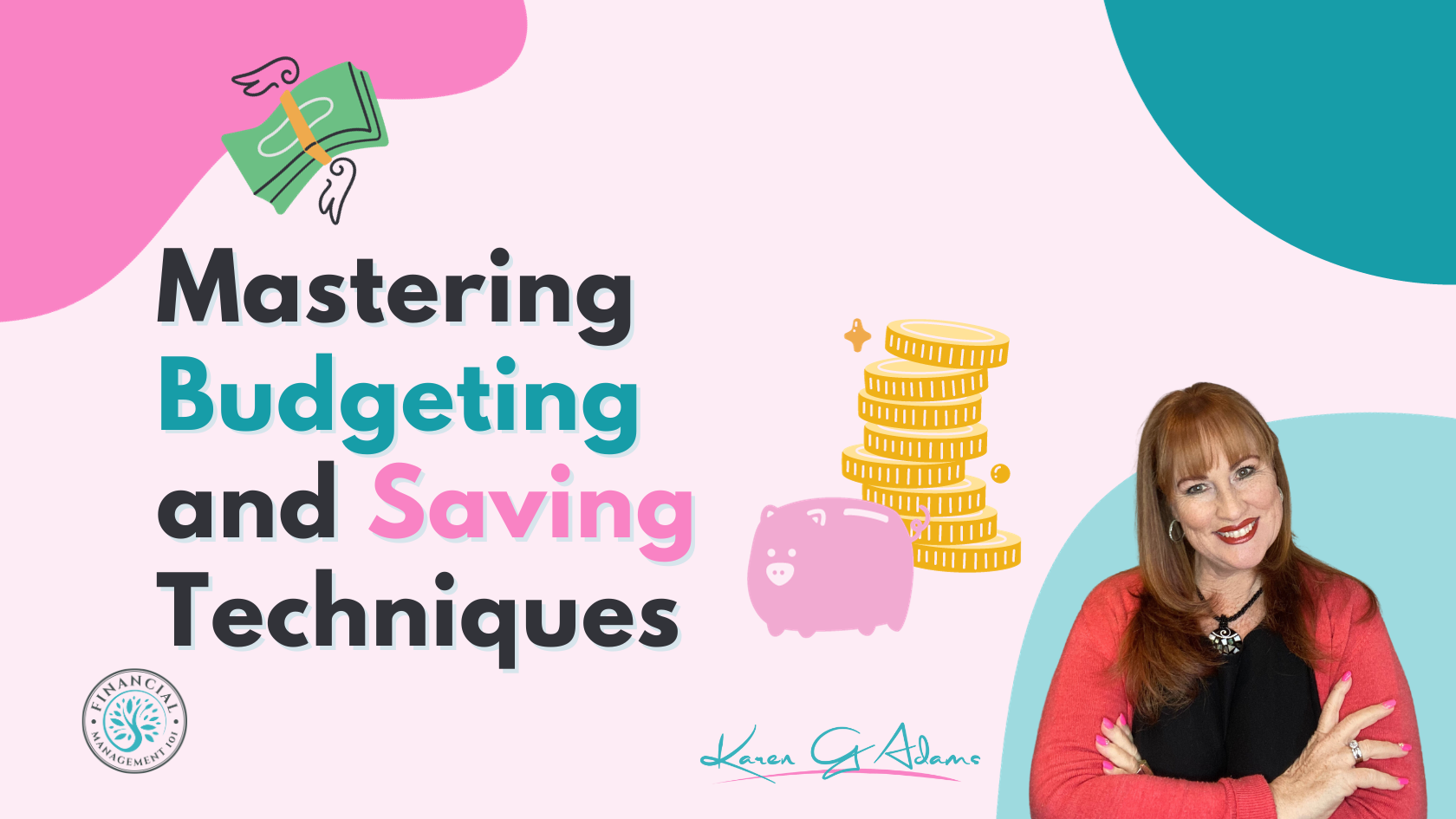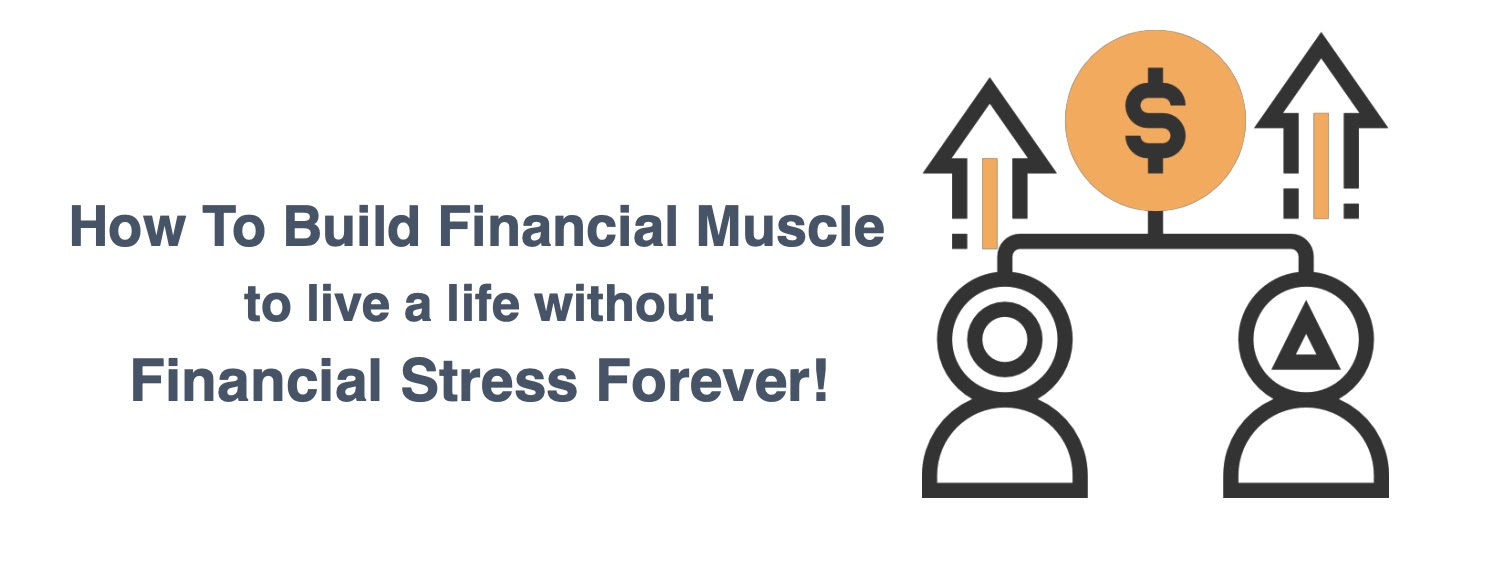
Midlife Money Crisis: Surviving the Sandwich Years Without Losing Your Mind (or Wallet)
Ah, the years of 35-55. When you are either too old to know the latest TikTok trends or young enough to have a general understanding of what TikTok is. Welcome to the sandwich generation, where you’re caught between raising kids and/or taking care of ageing parents. Your wallet feels thinner than a supermodel on a juice cleanse, and what about your time? Forget about it. But do not worry, your financial coach is here to help you navigate these treacherous waters with a smile.
1. EMBRACE THE BUDGET
First things first, let’s talk budget. Yes, it is the dreaded “b” word. However, creating a budget is similar to wearing stretchy pants after a big dinner—it is both comfortable and necessary. Start by tracking your expenses for a month. Once you have gathered the information, categorise your expenses. You may be surprised at how much you are spending on things like takeout or subscriptions you forgot you had (RIP, gym membership you have not used since the last government election).

Emergency Fund: Your Financial Superhero
Consider this scenario: your car breaks down, your water heater explodes, and your child decides to join an expensive sport all in the same week. Enter the emergency fund, your financial hero.
2. EMERGENCY FUND: YOUR FINANCIAL SUPERHERO
Consider this scenario: your car breaks down, your water heater explodes, and your child decides to join an expensive sport all in the same week. Enter the emergency fund, your financial hero. Aim to save 3-6 months’ worth of living expenses. It may seem daunting, but start small. Set up automatic monthly transfers to a high-yield savings account. Over time, you will create a buffer that will save your bacon (and sanity) when life throws you a curveball.
3. CUT THE FINANCIAL FAT
Look, we all have financial fat. The little luxuries add up over time. Maybe it’s the daily lattes, the premium cable channels, or the tendency to buy gadgets that end up gathering dust. Identify these money drains and trim them. You don’t have to go cold turkey, but reducing these expenses can free up funds for more important things, like that emergency fund we just talked about. Plus, homemade coffee is not bad, especially if you invest in a good coffee machine; it will pay off.
4. PREPARE FOR RETIREMENT (YES, NOW!)
Retirement may seem like a distant dream, but believe me, it sneaks up faster than you can say “superannuation fund.” If your employer offers a retirement plan, contribute as much as you can, especially if there’s a matching program. That is free money, people! If you’re self-employed or your employer doesn’t offer a plan, look into other retirement accounts. The key is to start now, even if you can only contribute a small amount. Compound interest is like a snowball rolling down a hill—it starts small but can grow into something massive over time.

5. TALK MONEY WITH YOUR KIDS (WITHOUT BORING THEM TO TEARS)
Teaching your kids about money is crucial, but it doesn’t have to be boring. Get creative! Find apps to give them a hands-on experience with managing money. Play games like Monopoly or The Game of Life to introduce financial concepts. And most importantly, lead by example. Show them how you budget, save, and invest. They’re watching and learning, even if they don’t show it.
6. THE PARENT TRAP: MANAGING ELDERLY CARE COSTS
Caring for ageing parents can be emotionally and financially draining. Start those difficult conversations early. Discuss their financial situation, insurance policies, and long-term care options. Look into resources, like local and government senior services, to help cover costs. And don’t be afraid to seek professional advice from a financial planner. They can assist you in developing a plan that strikes a balance between your parents’ needs and your own financial stability.
7. INVEST IN YOURSELF
Finally, remember to invest in yourself. Whether it is furthering your education, starting a side hustle, or simply caring for your health, investing in yourself pays off. A healthy, happy you is better prepared to face the financial and emotional challenges that come with being part of the sandwich generation.
Remember that managing your money from 35 to 55 does not have to be a nightmare. With a little planning, some wise decisions, and a good sense of humour, you can get through these years with confidence and possibly a little extra cash in your pocket. Now go conquer that budget like the financial superhero you are!
Learn the fundamental concepts of how budgeting and saving are important to your financial well-being. Registration is now open for the course: Mastering Budget and Saving Techniques. This is a hands-on course with me guiding you on how to budget, track and look at managing your money like a pro.
























